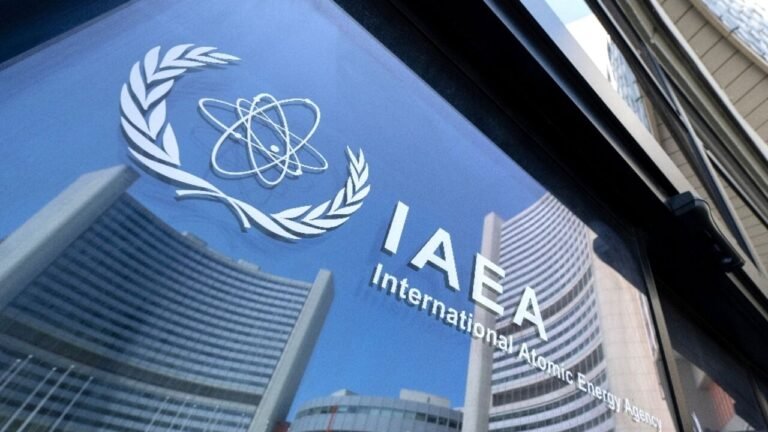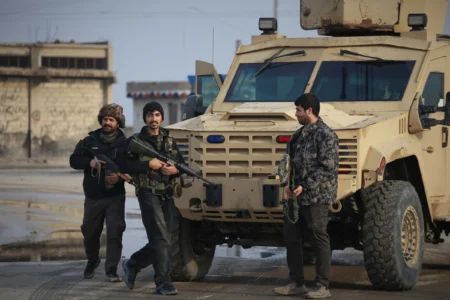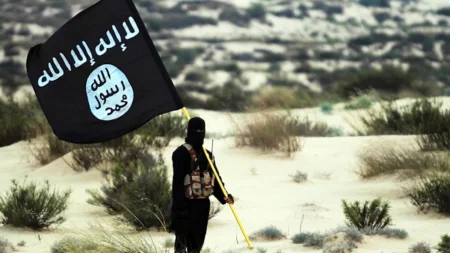The United Nations’ nuclear watchdog confirmed that its inspectors have returned to Iran for the first time since Israeli and U.S. strikes earlier this year disrupted cooperation. The International Atomic Energy Agency (IAEA) said preparations are now underway to restart monitoring operations at Iranian nuclear facilities.
Rafael Grossi, the IAEA’s director general, confirmed the development during an interview with Fox News. He said the first team of inspectors is “back in Iran” and that practical arrangements are being discussed to resume inspections.
“When it comes to Iran, as you know, there are many facilities. Some were attacked, some were not,” Grossi explained. “So we are discussing what kind of practical modalities can be implemented to facilitate the restart of our work there.”
The announcement comes amid renewed diplomatic activity in Geneva, where Iranian officials met with representatives from Britain, France, and Germany. Tehran is seeking to prevent the European powers from triggering a so-called “snapback mechanism,” which could automatically reimpose international sanctions under the 2015 nuclear deal framework.
Iranian Deputy Foreign Minister Kazem Gharibabadi, who participated in the Geneva discussions, emphasized that the European countries must allow diplomacy to succeed. “It is high time for these nations to make the right choice and give diplomacy time and space,” he said.
The three European countries have warned they may activate the snapback provision by the end of August if Iran does not take specific steps to comply with international nuclear obligations. The renewed IAEA inspections are viewed as a key measure to reassure the international community about Iran’s nuclear activities.
The resumption of inspections follows a six-month disruption caused by a 12-day conflict between Israel and Iran in June. Iran suspended cooperation with the IAEA during that period, citing the agency’s failure to condemn Israeli strikes on its nuclear installations.
The June conflict began with an unprecedented Israeli attack on Iranian nuclear facilities, which Israel described as necessary to prevent Iran from developing nuclear weapons. Iranian officials have consistently denied pursuing nuclear arms.
The confrontation disrupted nuclear diplomacy and strained Tehran’s relations with international monitoring bodies, including the IAEA and the United States. The renewed inspections signal a cautious step toward restoring some level of nuclear oversight and transparency.
Iranian Foreign Minister Seyed Abbas Araghchi has also emphasized Tehran’s commitment to engage in diplomatic efforts. During a meeting with Russian Foreign Minister Sergei Lavrov at the 2025 SCO Council of Foreign Ministers in Beijing, officials underscored the importance of dialogue and international cooperation.
IAEA inspectors are expected to conduct site visits, review operational data, and assess compliance with the 2015 nuclear agreement. Observers say the inspections will focus on facilities that were unaffected by the June attacks, but additional negotiations are required to determine how monitoring will resume at damaged sites.
The return of the IAEA team is also seen as a critical step in preventing further escalation, as European powers consider reinstating sanctions if Iran fails to cooperate. Analysts note that renewed inspections could stabilize the nuclear issue and prevent unilateral actions that may increase regional tensions.
The international community is watching closely, as the developments may influence the broader geopolitical landscape in the Middle East. Iran’s decision to allow IAEA inspectors back, despite previous disruptions, highlights the complex interplay between military actions, diplomacy, and international nuclear oversight.







